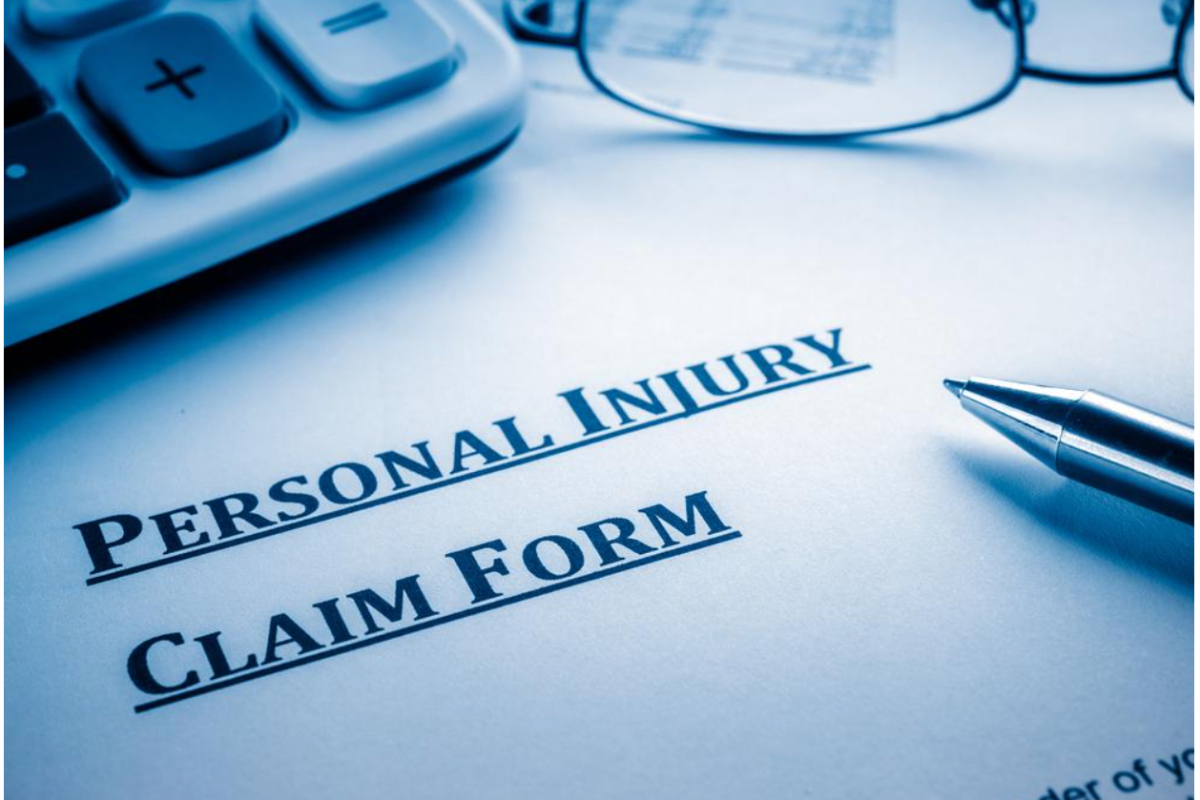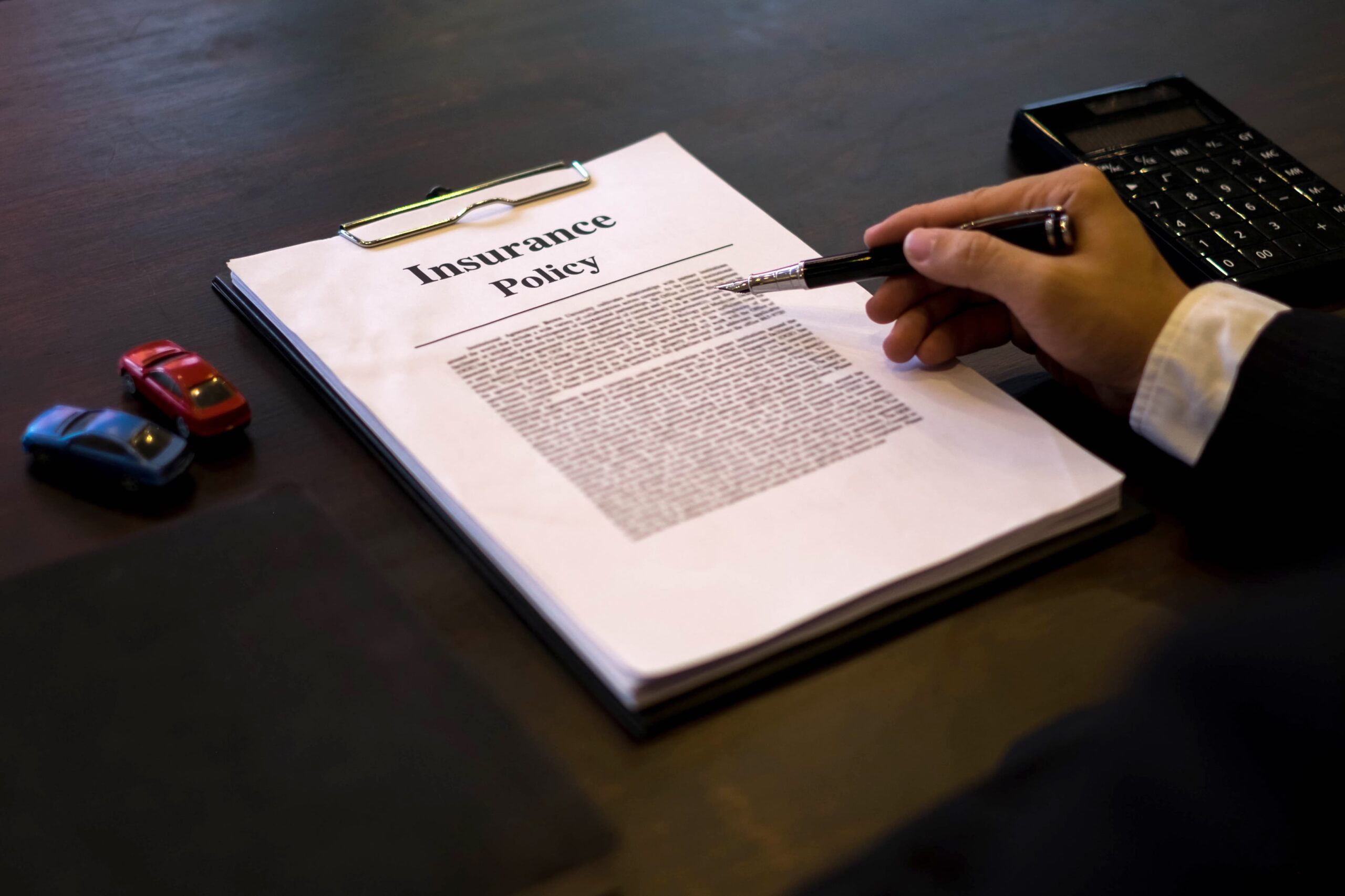Being hurt in an auto accident can negatively affect numerous areas of your life. It can result in missed work, lost wages, and damage to your vehicle that makes it difficult to get to work, the store, and medical appointments. But it can also result in injuries that can last a lifetime. Probably one of the first questions after you file a lawsuit is, “How long does it take to settle a car accident claim?” The short answer is, it depends. It could take months to years depending on the specifics of your case.
There are many factors that can ultimately affect the time it takes to settle your lawsuit. In some situations, the claim is very routine, allowing for a quick settlement in only a few months. These cases are typically basic with very minor injuries and only some vehicle damage. Others, however, are more complex. It can be situational that causes the complexity or it can be more direct with serious injuries and widespread damages. These cases can also include pain and suffering.
This article will cover many of the factors that affect the timeline of your personal injury lawsuit and what you can do to help speed things along.
Factors That Affect the Time to Settle Car Accident Claims
It is normal to want a fast settlement after a car accident. Especially when medical bills meet lost wages. Rent, utilities, and food costs can start adding up. And they can add up to a lot very quickly. Fortunately, your lawyer can help you to alleviate some of these costs, including medical bills. In some cases, your attorney can speak to the hospital or rehabilitation center and request deferred payments until your settlement comes in. In many cases, they will agree.
The reality is, however, that several factors can affect the overall timeline of receiving your settlement award. It’s important that you understand these factors in order to set realistic expectations and avoid surprises.
- Complexity – The complexity of your case will play a major role in how long your case will take to settle. If there are several parties involved, disputes over who is at fault, or other issues working against you, it can take much longer than simple cases that are not dealing with these complexities. The longer it takes to gather sufficient evidence or negotiate with insurance companies, the longer it can take to settle your case.
- Injuries – Injuries play a major role in the time it takes to settle a personal injury claim. This is because the extent of your injuries will dictate the time it takes for you to recover. If your injuries are minor, it will take less time to settle your claim. This is because it takes less time to make a full recovery. If your injuries are more severe, it will take longer. Waiting for a full recovery before you settle your claim is wise because it avoids having to cover continued medical expenses out of pocket.
- Damages – Damages can play a role in how long it takes to settle your claim because insurance companies must first investigate your claims in order to ensure your claim is true and reasonable. The more damages they must investigate means the longer it takes to come to a final decision.
- Insurance Companies – The insurance company, its internal processes, the adjuster’s workload, and the complexity of your claim will undoubtedly affect the timeline of your settlement. In some cases, the insurance company moves swiftly to perform an investigation and is willing to negotiate a fair settlement award. However, in rare cases, it could take legal action in order to compel the insurance company to come to the table.
- Legal Representation – The law firm you hire to handle your personal injury claim also plays a hefty role in how fast you receive your settlement. This usually comes down to the firm’s experience in handling auto accident cases. An experienced law firm already has a firm grasp on the legalities surrounding car accident claims, understands the claims process, and knows how to get things done efficiently.
Necessary Steps in the Settlement Process
It is one thing to want your settlement faster. It’s another when you understand the steps that need to be taken in order to set expectations. While these steps do not necessarily account for every aspect, complexity, or unforeseen issue, they do give you a general understanding so you know what to expect.
No one likes a surprise when it comes to a lawsuit. Understanding the basic process can make a big difference in your ability to calmly take the time needed to receive the fairest compensation package available to you.
- Investigation – A full investigation into the accident and claims will be conducted in order to establish the validity of the claims in regard to injuries, damages, losses, and pain and suffering. You can help expedite this process by gathering evidence at the scene if you are able to. This entails taking pictures of the entire scene, documenting damages, collecting witness statements, and making a police report.
- Claim – Next is filing the claim. This is best handled by a qualified personal injury lawyer because of their in-depth understanding of the law as it pertains specifically to your case. Your claim must include all documentation such as medical bills, the extent of the damages and your injuries, witness statements, police reports, etc.
- Investigation – Once your claim has been submitted, the insurance company will then commence its investigation into your claims. They want to know definitively if your claims are justified and if the award you are seeking is reasonable. This investigation may take some time depending on the extent of your claim.
- Negotiation – Once the investigation is complete, negotiations begin. Remember, the goal of the insurance company is to pay as little as possible while the goal of your attorney is to get you the biggest settlement award possible. For your lawyer to accomplish this, negotiations may take several rounds to come to an agreement. Depending on how reasonable the claims adjuster is, and depending on how iron-clad your case is, negotiations can take some time.
- Acceptance – Once your attorney and the insurance company have come to an agreement on a settlement, it is up to you to review and accept the agreement and sign some paperwork before you can collect your settlement. Your attorney will keep you abreast of all offers and will advise you whether or not to accept the offer.
- Trial – If your attorney and the insurance company are unable to reach an agreement, taking your case to trial may be necessary. While going before a judge can add more time to your case, it is sometimes the only way to compel an insurance company to provide fair compensation. If this happens, your attorney will help you to prepare for your time in front of a judge so you are completely ready to plead your case.
Conclusion
While not every factor can be covered in a single article, these are the general aspects of a personal injury lawsuit after an auto accident. It is important that you know and understand these common factors so you can set realistic expectations regarding timelines, and things you can do to help the process instead of accidentally hindering it.
It is also very important to consult with a personal injury attorney with sufficient experience dealing with personal injury cases, particularly in auto accident claims. This is because a qualified attorney has a complete grasp of the legalities, processes, and steps that need to be taken in order to get you the most fair and just compensation allowed under the law.
If you’ve been injured in an auto accident, seek medical attention right away. Then contact Pyramid Legal. We’ll give you a free consultation, explain to you your options, and help you get the biggest settlement award owed to you.








